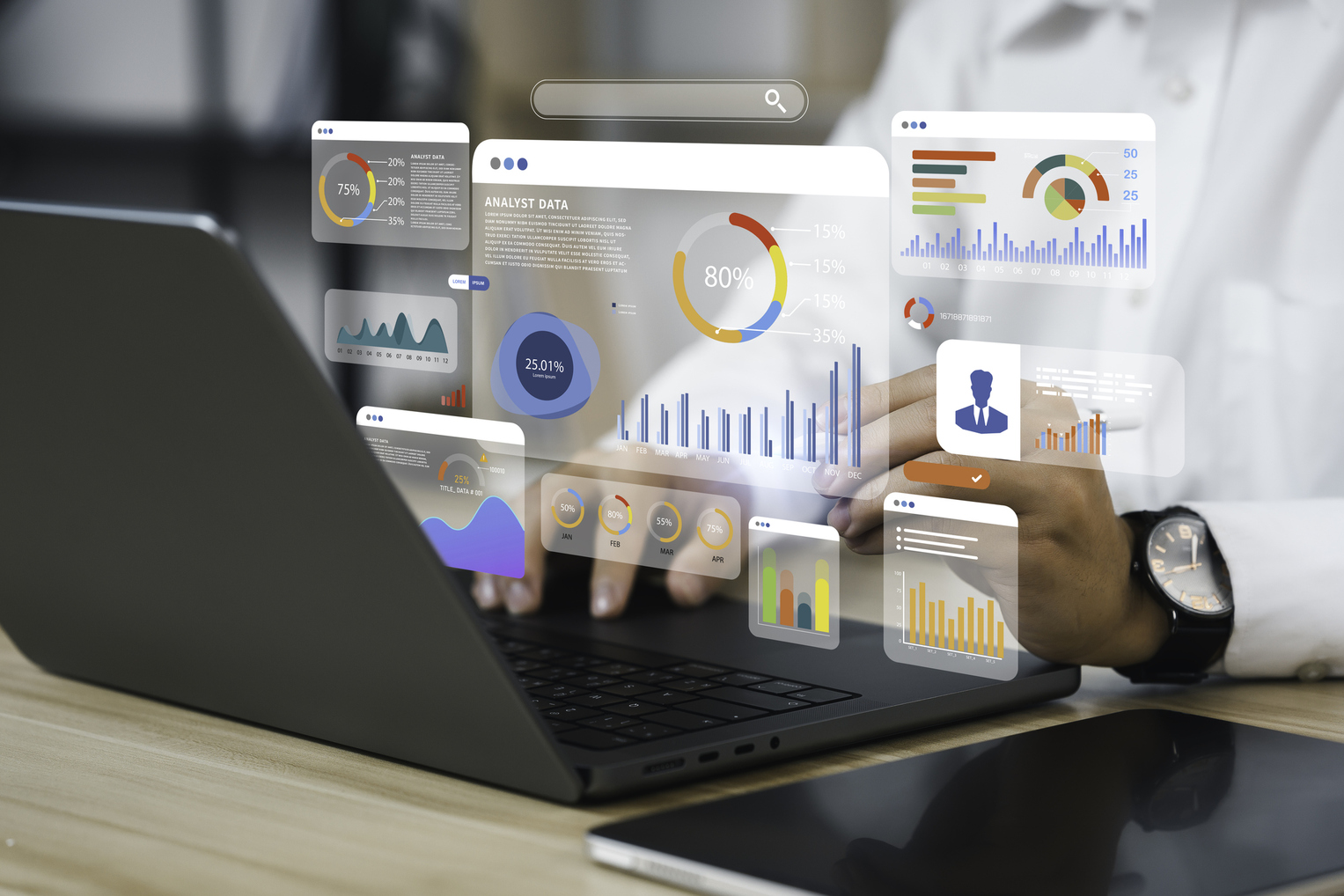Discover how to establish a successful Account Intelligence Program that enhances your business’s strategy and growth.
Understanding Account Intelligence: What is Account Intelligence?
Account intelligence is the process of gathering, analyzing, and interpreting data about target accounts to gain insights into their needs, challenges, and buying behaviors. This information is then used to inform marketing and sales strategies, enabling them to personalize outreach, improve engagement, and ultimately close deals more effectively.
In today’s competitive landscape, marketers and sales teams need every advantage they can get to reach the right people with the right message at the right time.
An effective Account Intelligence program is a continuous process of learning and adaptation. By deeply understanding your key accounts and personalizing your approach based on strategic insights, you can build stronger relationships, identify new opportunities, and drive growth.
The key to success lies in the systematic collection, analysis, and application of account intelligence, supported by a strong alignment between your sales, marketing, and customer success teams.
By developing a deep understanding of your accounts, you can identify opportunities for growth, anticipate their needs, and build stronger relationships. Account Intelligence allows you to align your business goals with the goals of your key accounts, ultimately leading to improved customer satisfaction and long-term success.
Here’s a breakdown of the key aspects of account intelligence:
- Data-driven: It relies on collecting and analyzing data from various sources, including internal CRM systems, website analytics, market research, and third-party data providers.
- Target-account centric: It focuses on identifying and understanding high-value accounts that could become long-term customers.
- Actionable insights: The goal is to extract valuable insights from the data that can be used to guide marketing and sales strategies. This could include information such as:
-
- Key decision-makers within the target account
- The account’s current initiatives and challenges
- Their buying process and timeline
- Their budget and purchasing power
-
- Improved decision-making: By providing a deeper understanding of target accounts, account intelligence empowers businesses to make more informed decisions about their marketing and sales efforts.
Overall, account intelligence is a strategic approach to gaining a competitive edge by understanding your target audience on a deeper level.
Why is account intelligence important?
Account intelligence is important because it allows you to gain a competitive edge in today’s business landscape. By understanding the unique needs, preferences, and behaviors of your key accounts, you can tailor your strategies and offerings to meet their specific requirements.
- Competitive Advantage: Gain a deeper understanding of key accounts to differentiate your offerings.
- Growth and Profitability: Identify upselling and cross-selling opportunities.
- Customer Satisfaction: Anticipate customer needs and proactively address issues.
- Stronger Relationships: Build trust and long-lasting partnerships.
By leveraging account intelligence, businesses can make data-driven decisions and achieve sustainable growth.
Components of Account Intelligence
Account Intelligence combines two overarching types of data — first and third-party — to help you identify the most qualified accounts.
Account Intelligence does indeed leverage the power of both first-party and third-party data to provide a well-rounded understanding of your target accounts and identify the most qualified ones.
Here’s a breakdown of the two data types and how they contribute to account intelligence:
Account Intelligence combines first-party data and third-party data to provide a comprehensive view of target accounts.
First-party data is sourced from within your organization and includes information from:
- CRM systems: Customer history, interactions, and preferences.
- Marketing automation platforms: Website behavior, email engagement, and campaign performance.
- Sales engagement platforms: Sales activities, deal stages, and customer pain points.
Third-party data is sourced from external providers and includes:
- Firmographics: Company size, industry, location, and financial health.
- Technographics: Technology stack, software usage, and IT budget.
- News and Social Media: Industry trends, company news, and executive changes.
Building an Account Intelligence Foundation for Long Term Business Success
To establish a strong foundation for your Account Intelligence Program, you need to start by defining your business objectives and identifying the key accounts that are critical to your success. This involves conducting a comprehensive analysis of your customer base and determining which accounts have the greatest potential for growth and profitability.
Here’s a roadmap to establish a solid account intelligence foundation for long-term business success:
- Define Goals & Target Audience:
- Set objectives: uncover opportunities, boost win rates, or strengthen client relationships.
- Create an Ideal Customer Profile (ICP) with firmographics, technographics, and buying behaviors.
- Collect Data:
- Use first-party (CRM, website analytics) and third-party sources (industry reports, social media).
- Ensure data is accurate and up-to-date.
- Clean & Organize Data:
- Address inconsistencies and duplicates.
- Standardize formats and store data in a central repository.
- Analyze Trends & Insights:
- Use tools to identify customer behavior, buying signals, and pain points.
- Segment accounts by firmographics, technographics, or buying stage for targeted outreach.
- Turn Data into Action:
- Provide actionable insights for sales and marketing teams.
- Develop tailored content, messaging, and sales playbooks for account segments.
- Promote Data-Driven Decisions:
- Integrate insights into processes and train teams to leverage data effectively.
- Foster a culture focused on data-driven strategies.
- Monitor & Refine:
- Measure success with metrics like pipeline value and win rates.
- Continuously update the program based on performance and market trends.
Prospective Customer Research
Prospective customer research is a crucial component of account intelligence. By researching potential accounts, you can:
- Identify High-Potential Accounts: Discover emerging opportunities and target ideal customers.
- Gain Deeper Insights: Understand company size, industry, technology stack, and leadership.
- Qualify Accounts: Assess fit with your ideal customer profile.
- Personalize Outreach: Tailor messages to specific needs and pain points.
By leveraging tools like business intelligence software, networking, and social listening, you can effectively conduct prospective customer research and enhance your account intelligence program.
Conclusion
An effective Account Intelligence program empowers marketers with the data and insights needed to:
- Identify high-potential accounts
- Tailor marketing and sales strategies
- Improve customer relationships
- Drive revenue growth
Would you like to deliver value to your prospects with each touchpoint? Get in touch with the Cognition team to understand how we can help you with your account intelligence needs. Cognition’s Key Account Support solution aims to cut through the noise and deliver actionable, relevant insights that help ensure the right messaging is delivered to the right stakeholders at the right time.






 Hi, This is Emma. Let’s get the conversation started!
Hi, This is Emma. Let’s get the conversation started!